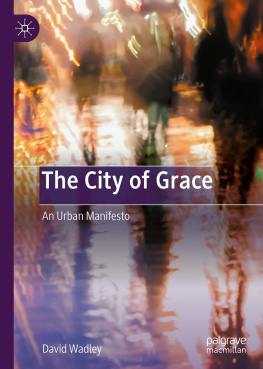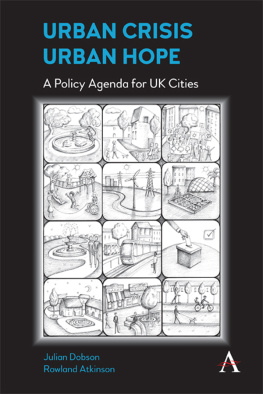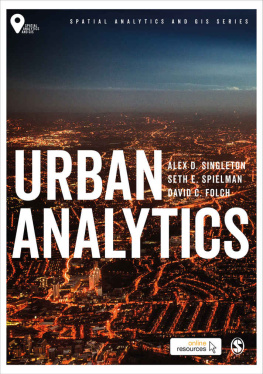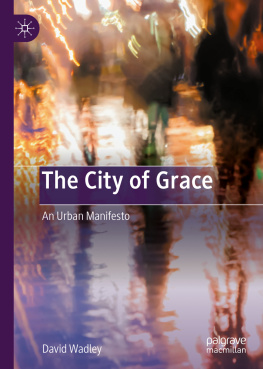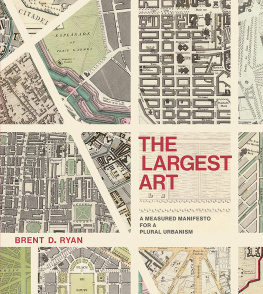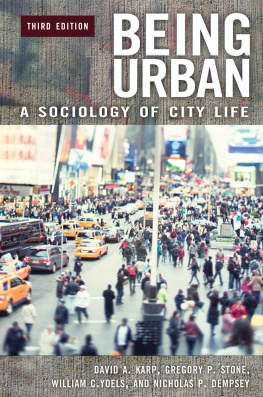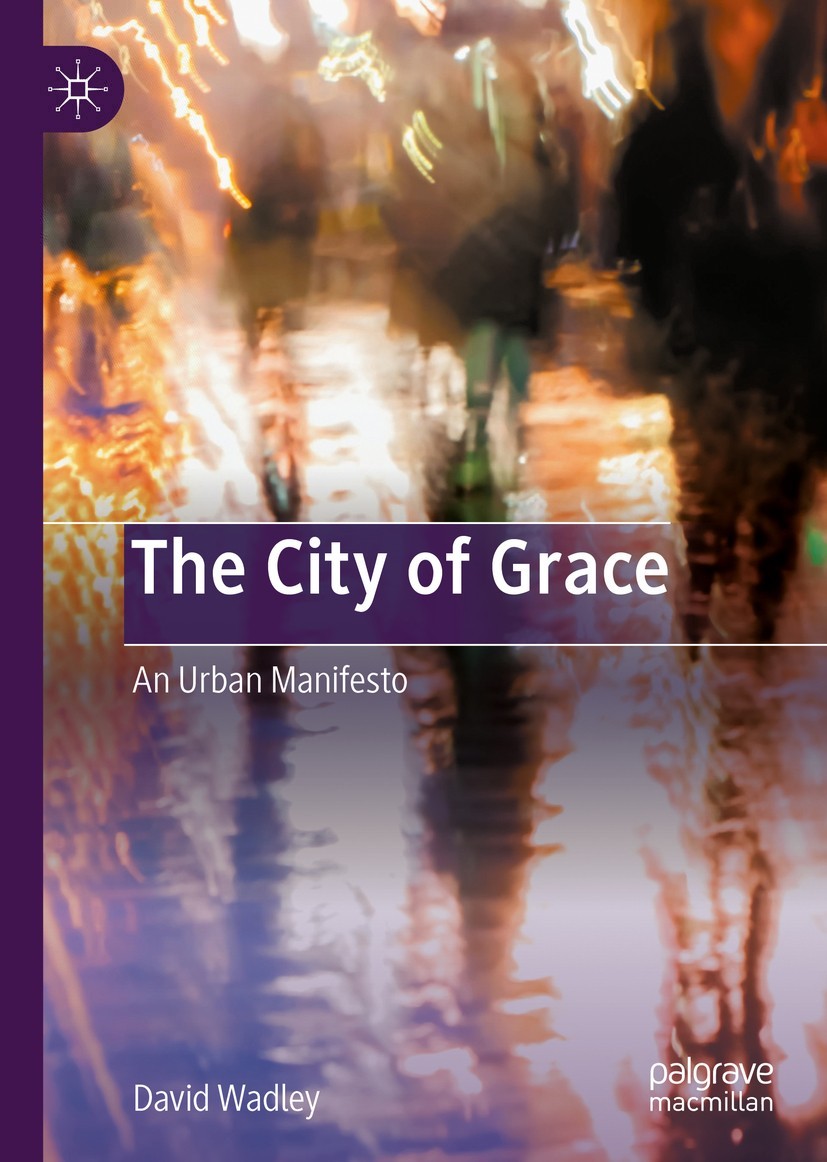David Wadley
School of Earth and Environmental Science, The University of Queensland, St Lucia, QLD, Australia
ISBN 978-981-15-1111-0 e-ISBN 978-981-15-1112-7
https://doi.org/10.1007/978-981-15-1112-7
The Editor(s) (if applicable) and The Author(s), under exclusive license to Springer Nature Singapore Pte Ltd. 2020
This work is subject to copyright. All rights are solely and exclusively licensed by the Publisher, whether the whole or part of the material is concerned, specifically the rights of translation, reprinting, reuse of illustrations, recitation, broadcasting, reproduction on microfilms or in any other physical way, and transmission or information storage and retrieval, electronic adaptation, computer software, or by similar or dissimilar methodology now known or hereafter developed.
The use of general descriptive names, registered names, trademarks, service marks, etc. in this publication does not imply, even in the absence of a specific statement, that such names are exempt from the relevant protective laws and regulations and therefore free for general use.
The publisher, the authors and the editors are safe to assume that the advice and information in this book are believed to be true and accurate at the date of publication. Neither the publisher nor the authors or the editors give a warranty, expressed or implied, with respect to the material contained herein or for any errors or omissions that may have been made. The publisher remains neutral with regard to jurisdictional claims in published maps and institutional affiliations.
Cover illustration: Svetlana Isochenko / Alamy Stock Photo
This Palgrave Macmillan imprint is published by the registered company Springer Nature Singapore Pte Ltd.
The registered company address is: 152 Beach Road, #21-01/04 Gateway East, Singapore 189721, Singapore
Preface
The preface first points to the lives of quiet desperation of ordinary menas if there were no alternatives. Mediated by the interaction of the economic and natural environments, their existence occurs increasingly in urban areas. Cities could arguably aspire to goodness and greatness or perhaps something morea condition of grace? Could grace address the downsides in life and offer psychological satisfaction to urban residents? A chapter plan is set out in order to investigate this question as the focus of the research project.
From Walden Pond MA, philosopher Henry David Thoreau ([1854] 2004, 7) found iconic words to describe the lives of ordinary men:
What is called resignation is confirmed desperation. From the desperate city you go into the desperate country, and have to console yourself with the bravery of minks and muskrats. A stereotyped but unconscious despair is concealed even under what are called the games and amusements of mankind. There is no play in them, for this comes after work When we consider what, to use the words of the catechism, is the chief end of man, and what are the true necessaries and means of life, it appears as if men had deliberately chosen the common mode of living because they preferred it to any other. Yet they honestly think there is no choice left.
Some 130 years later, Margaret Thatcher echoed Thoreaus thesis in advocating global capitalism via the TINA manifesto:ThereIsNoAlternative. After the socialist collapse, Frances Fukuyama (1993) followed Karl Marx to proclaim the end of history, this time embodied in a neoliberal democracy to advance the claims and spatial expansion of capitalism. Yet, sparked by American debt and real estate profligacy, the 2008 global financial crisis (GFC) spread serious recession from financial markets to real economies. Worldwide, stocks lost around $US10 trillion (Coyle 2011, 145). The travails of the rich overshadowed the more wretched impacts on the global poor. Vast international disparities remain in income, opportunity and well-being (Harvey 2000, 4245; Mahbubani 2018, 47). In 2017, the highly interlinked world economy generated US$80.93 trillion of GNP, dominated by the United States (US$19.49 trillion), China (US$12.23 trillion), Japan (US$4.82 trillion) and about 30 developed countries.Some 200 others were less well off.
This experience and its capacity for creative destruction indicate that unshackled neoliberal capitalism could engender its own desperation (Schumpeter [1942] 1975, 83; Gray 1998; Emmott 2003, 173313). First, a sameness could spread through global leveling, which could produce cookie-cutter cities, possibly of indifferent quality (Fainstein 2005, 6; McGhee 2005, 165). Second, as part of Simons (1995, 69) economic imperialism, business activities colonize not only geographic space and nonmarket arenas but also time, recruiting a 24/7 platform for production and marketing (Osborne 2018). Third, industry structure concentrates, reducing choice of provider and, potentially, that of goods and services. Fourth, commensurate with the state of technology (which Peter Dicken (2003, 85) has called a great, growling engine of change), capitalist production and consumption devour renewable and nonrenewable resources with little regard for externalities.Fifth, the process relies on compounding growth, facilitated through demographic expansion (cf. Miller 2005, 1532; 18691).
Such tendencies confront the finiteness of planetary resources. Intensifying activity in a universal market would, without restraints, encourage monolithic providers reliant upon continued population and economic growth to ensure their own and the systems perpetuation. Yet the GFC questions supercapitalisms inherent stability, such that scrutiny is again timely (cf. Reich 2007).Notwithstanding neoliberalisms claims that enlarged wealth will mitigate environmental impact, concerns are mounting about resource degradation and diminution of standards (Daly 2005). The life of quiet desperation could, without a viable alternative, deflate toward the lowest common denominator, experienced today by many in capitalisms South, or as a race to the bottom in the urban masses quality of life. Alexander and Gleeson (2019, 13) provocatively refer to a planet of slums. Far-fetched? A decade ago, it was reported that a sixth of the worlds population live in such circumstances, the count of inhabitants having doubled in the preceding 15 years (Dugger 2007).
Seen differently, capitalism affords a minority of the worlds population a comfortable lifestyle in tolerable surroundings (Gay 1991, 73; Gore 2013, 33). This capability combines with the doctrine of no alternatives to quell contrarians and utopians, who could conceivably launch critiques of, or improvements to, the existing order (Baeten 2002a, b). Given business as usual, disjointed incrementalism undertaken by small governments would remain the modus operandi. It well suits people possessing money, power, status or all three desideratabut maybe not the rest of humanity which, despite its relegation, should retain a stake in the future.
Yet, as systematic constraints, vested interests have been comprehensively outed by Jim Collins (2001) study of leadership and performance among American Fortune 500 corporations. He maintains that good is the enemy of great. And that is one of the key reasons why we have so little that becomes great.Collins (2001, 516) devises metrics to define a corporations greatnessin short, a Rostow (1960)-like ascent beyond composite securities exchange benchmarks sustained over a 15-year period. In environments as complex as cities, such a straightforward approach is problematic, as reflected in attempts even to define the difference which planning makes (Gleeson 2003). Planning, however, has not only imagined ideal urban forms (Lynch 1981, 1984; Short 1989; Sandercock 1998), but has borrowed performance indicators and best practice approaches from industry. Some headway is thus plausible. It is important, too, because world history largely proceeds from cities and they are the focus of innovative activity (Boudon 1978, 415; Dear 2000, 261).

